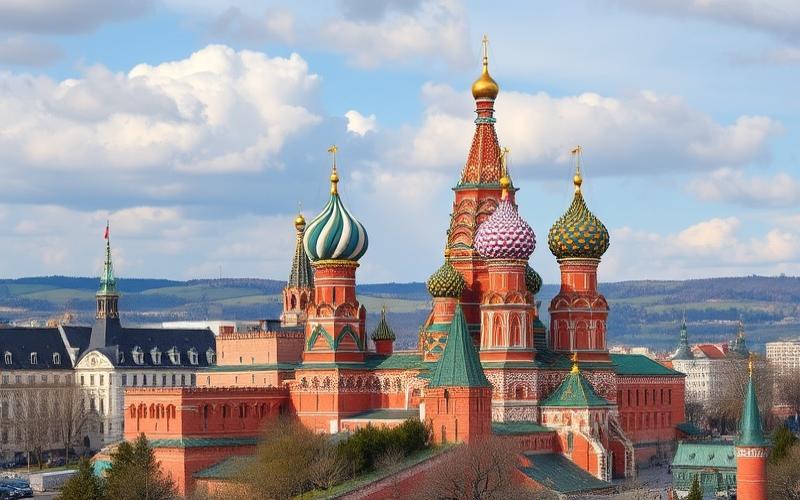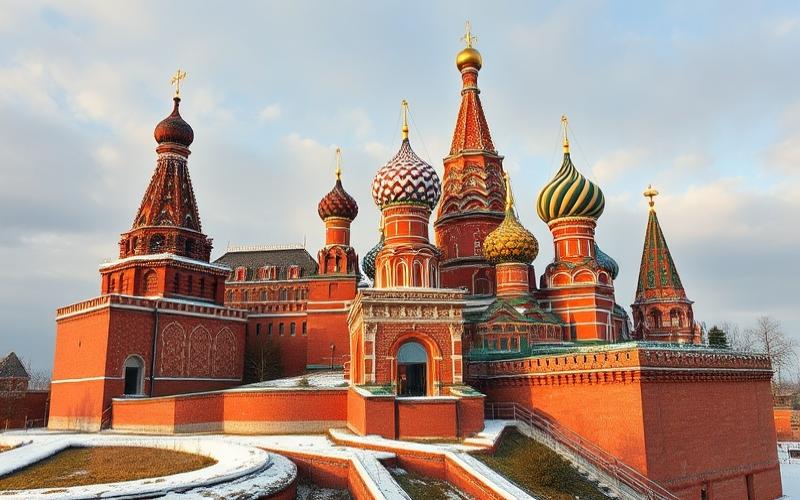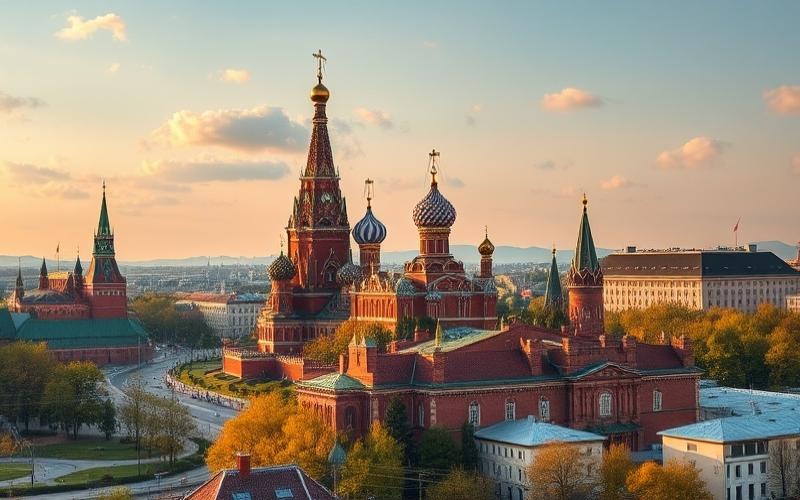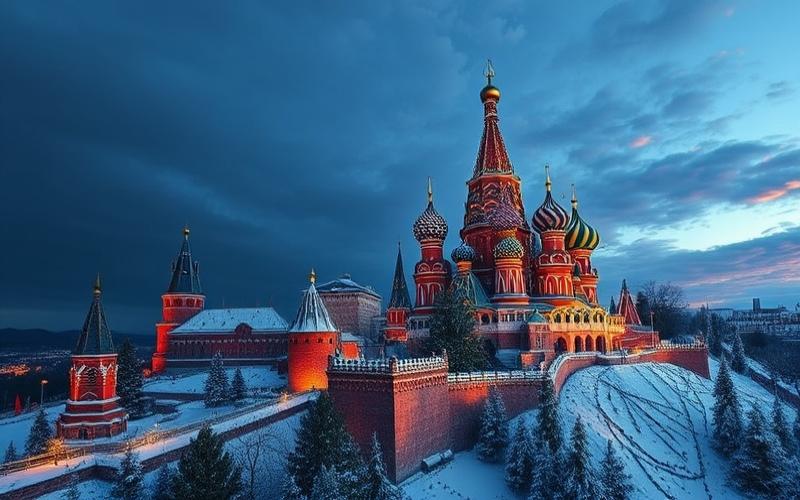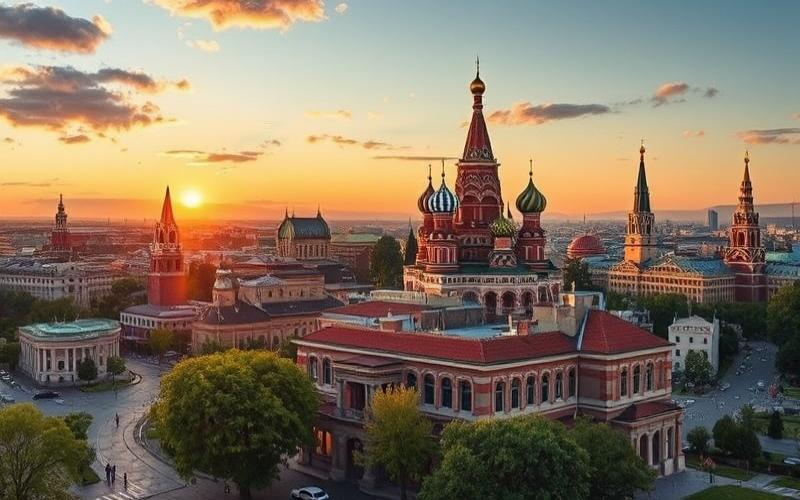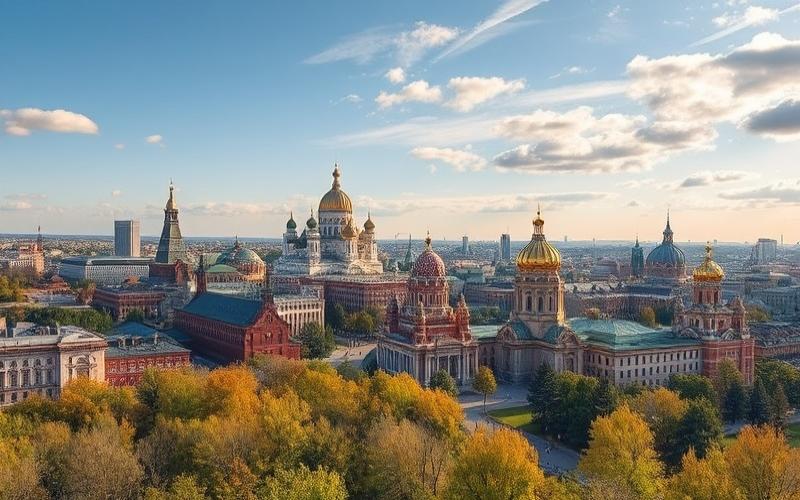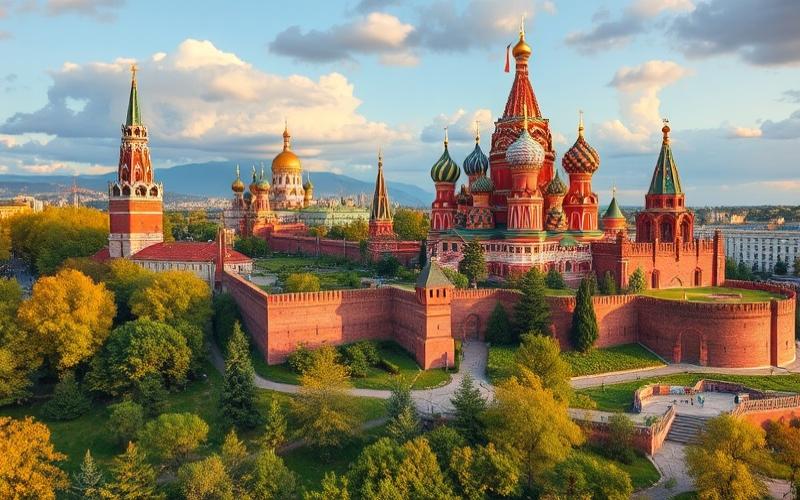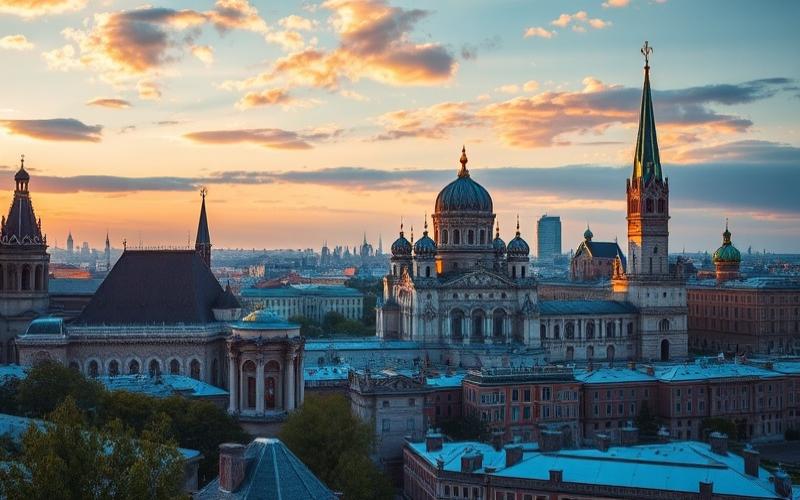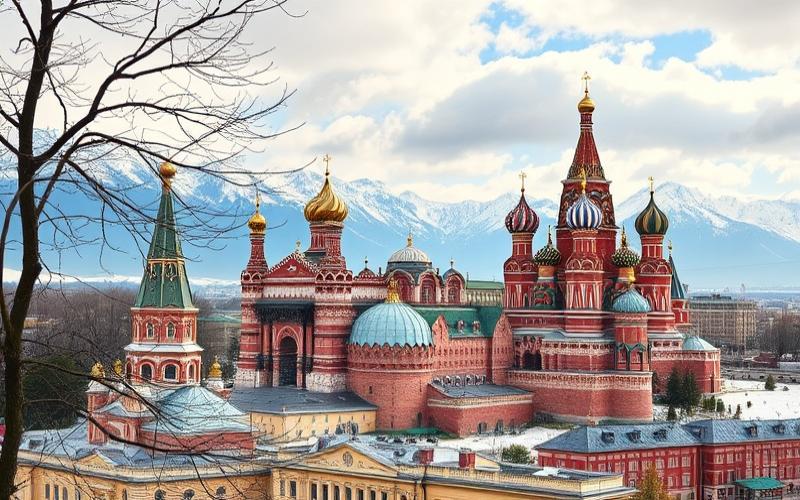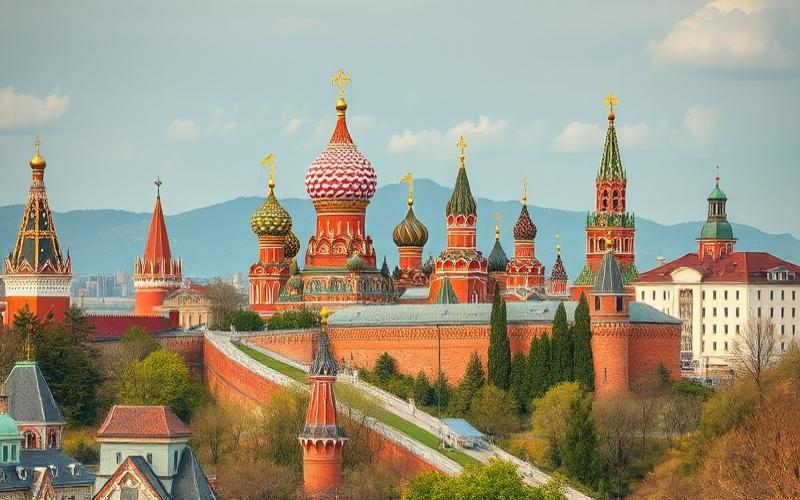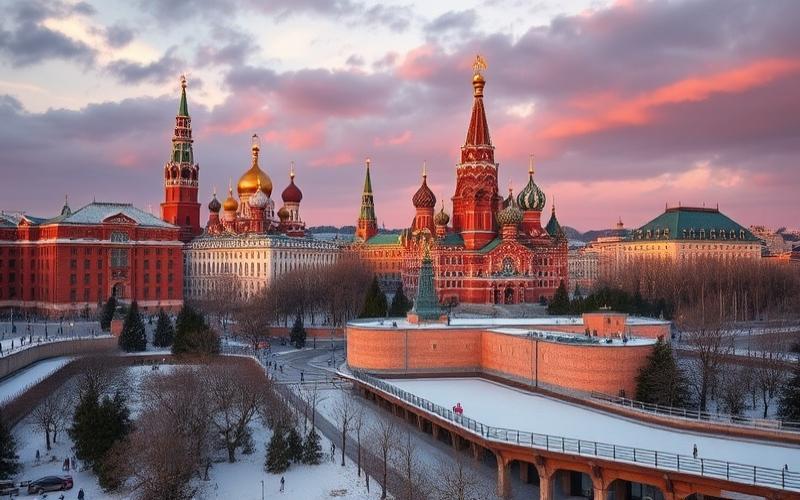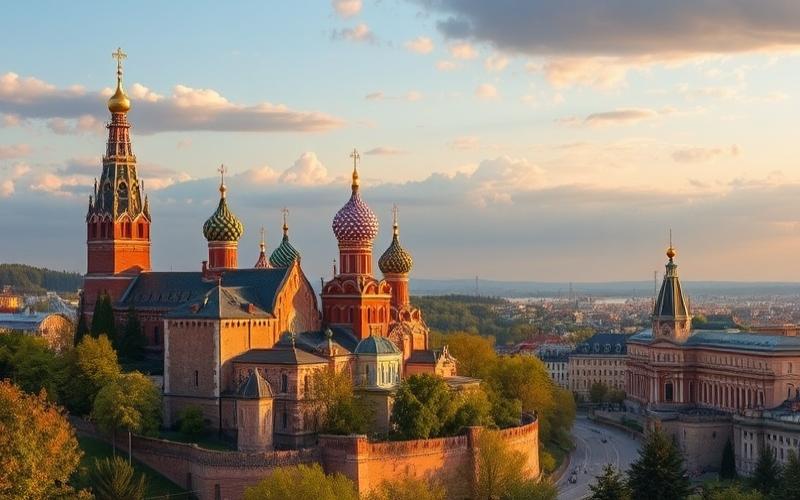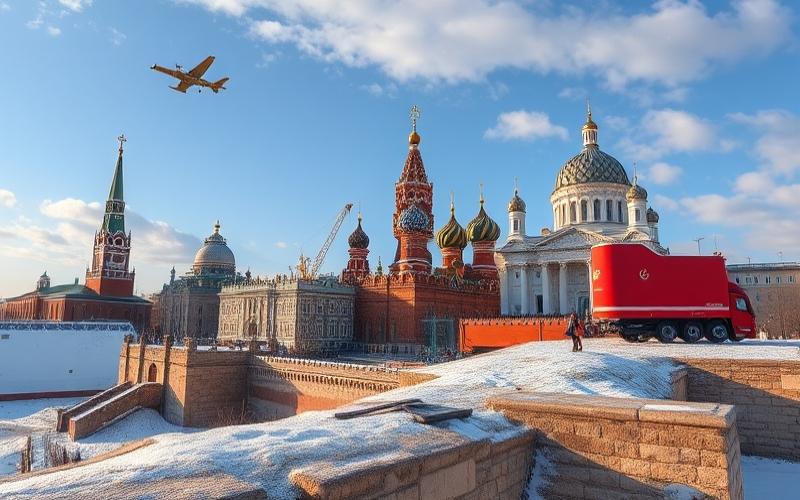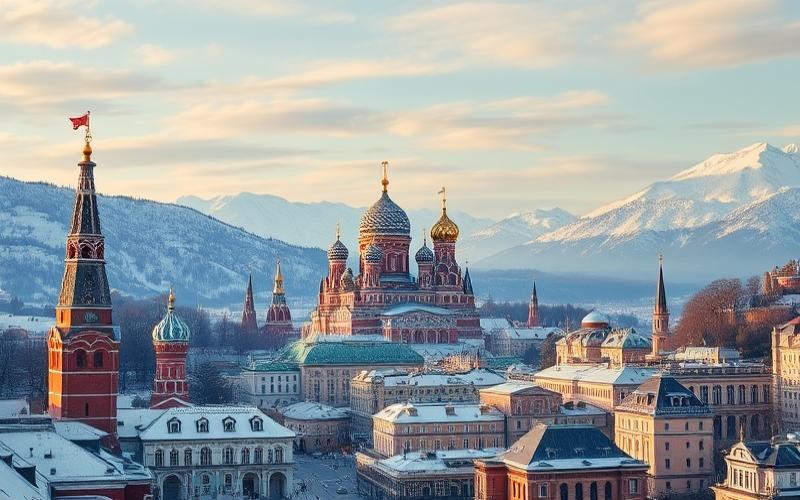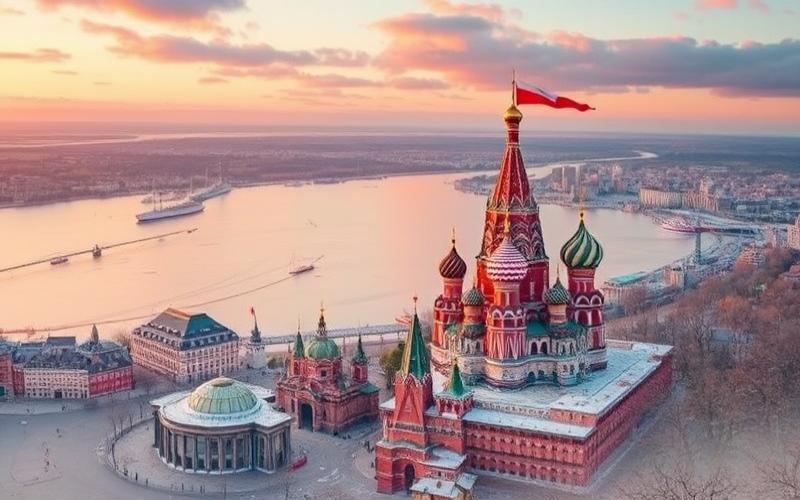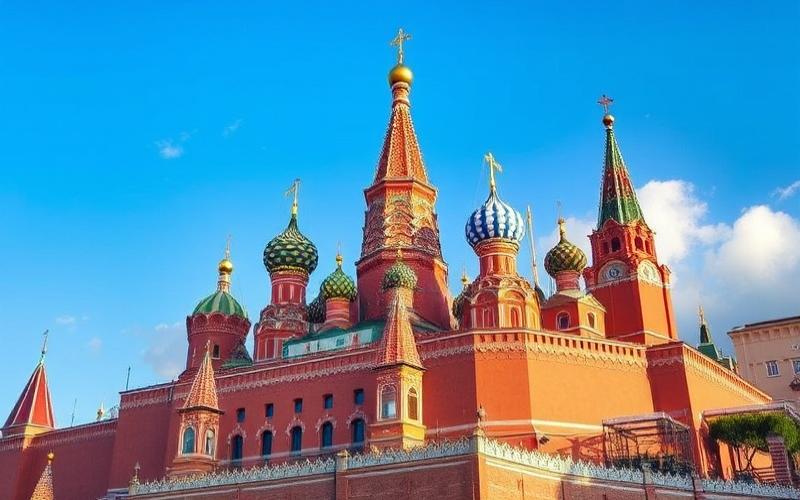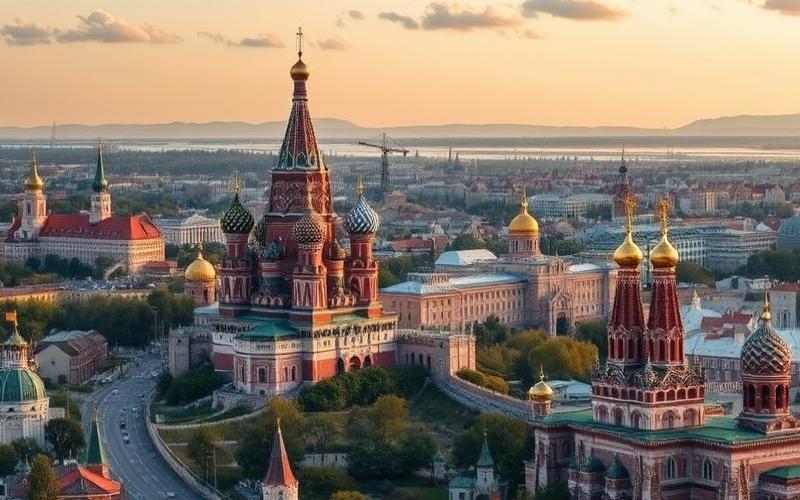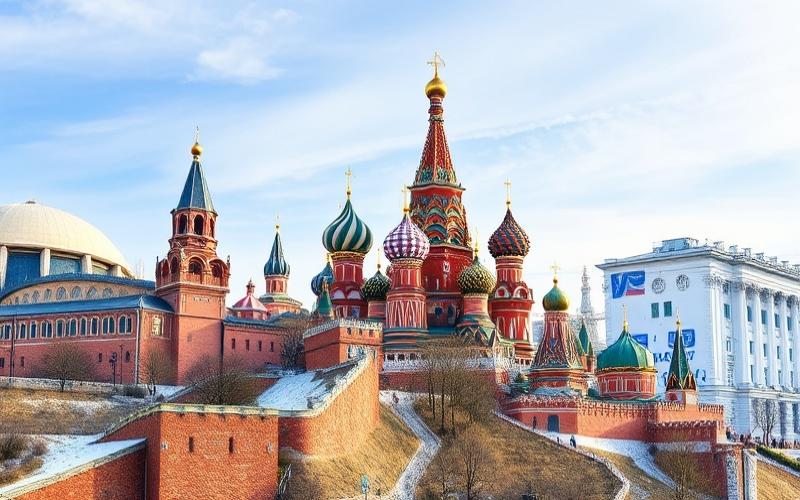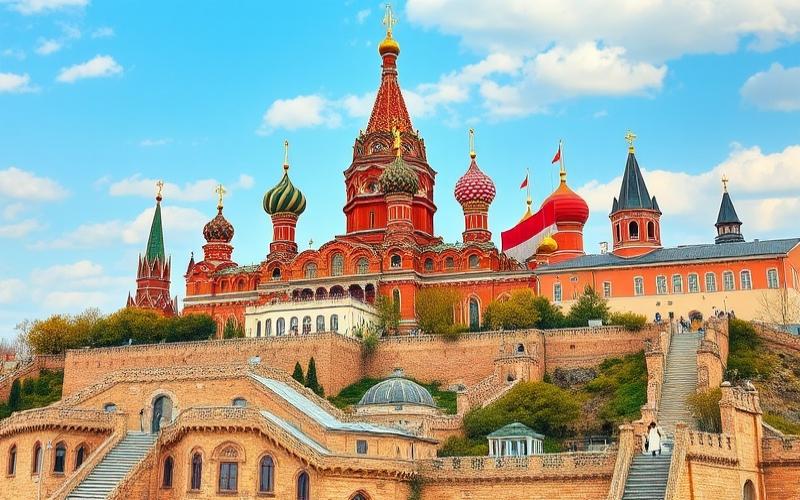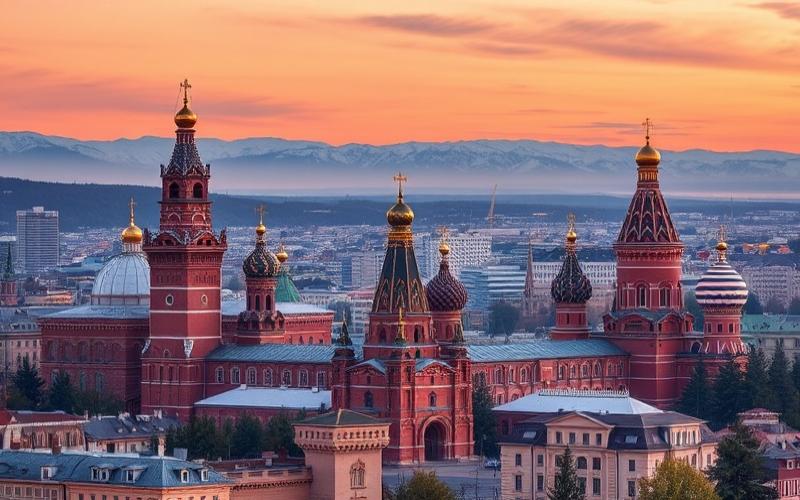
 Published on and written by Cyril Jarnias
Published on and written by Cyril Jarnias
Navigating Russia’s healthcare system as an expatriate can prove to be a real challenge, blending both language barriers and cultural differences. Although the country offers a diversity of medical options, understanding the ins and outs of the Russian medical system is crucial for anyone considering settling there.
This article demystifies the complexities of medical services accessible to expatriates, from obtaining suitable insurance to selecting healthcare facilities where the quality of care and costs can vary significantly.
Whether you’re seeking preventive care or more specialized interventions, discovering this essential information will allow you to approach your stay with serenity and confidence, ensuring your health is never left to chance.
Is It Possible to Receive Good Medical Care in Russia?
Structure and General Organization of the Russian Healthcare System
The Russian healthcare system is predominantly public, organized in a centralized and hierarchical manner. The state plays a primary role in planning, funding, and delivering care through a network of public structures: hospitals, polyclinics, and primary care centers. The private sector, although growing, remains minor compared to the public sector.
| Sector | Organization | Funding | Access |
|---|---|---|---|
| Public | Structured national network | Public budget, mandatory insurance | Universal, but varies by region |
| Private | Independent clinics and hospitals | Own funds, private insurance | Access based on payment or insurance |
Differences Between Public and Private Sectors and Quality of Care
Public Sector
- Free or partially covered care under mandatory health insurance.
- Uneven infrastructure: equipment and staff sometimes insufficient, especially in remote regions.
- Sometimes long wait times and administrative procedures.
- Variable quality: good in major urban centers, lower elsewhere.
Private Sector
- Faster access, modern environment, personalized services.
- Generally superior quality, recent equipment, staff often English-speaking in large cities.
- Paid care: high rates, but attractive for expatriates and affluent Russians.
Availability and Accessibility of Care for Expatriates
- Expatriates have access to public structures, but the language barrier and administrative complexity complicate using the public system.
- International clinics and hospitals, mainly in Moscow and Saint Petersburg, offer adapted services (multilingual staff, Western standards).
- International private health insurance is strongly recommended to cover costs in private or international facilities.
Potential Challenges for Expatriates
- Language Barrier: The majority of public medical staff do not speak English or French, which can hinder medical communication.
- Cultural Differences: Medical practices and patient-provider relationships differ from Western standards (fewer explanations, sometimes a directive approach).
- Logistics and Insurance: Need to subscribe to international health insurance; some local policies offer only limited coverage or exclude international clinics.
Reputation of International Hospitals and Clinics in Russia
International facilities (European Medical Center, American Medical Center, etc.) in Moscow and Saint Petersburg enjoy an excellent reputation among expatriates for the quality of care, availability of specialists, and adherence to international standards.
These clinics are often affiliated with international healthcare networks, ensuring increased transparency and safety.
Practical Tips for Choosing a Reliable Doctor or Facility
- Prefer clinics recommended by embassies or expatriate networks.
- Check the facility’s international recognition.
- Ensure the staff speaks English or the desired language.
- Request a written quote before any procedure in the private sector.
- Read reviews on specialized platforms and consult expatriate forums.
Recent Innovations and Ongoing Reforms
- Infrastructure Modernization: Public investments to improve hospital equipment and staff training.
- Telemedicine Development: Rapid expansion, particularly in large cities.
- Health Reform: National strategy for healthcare sector development until 2025 aimed at improving accessibility, quality, and medical innovation.
- Digitization of Medical Records and implementation of online appointment platforms.
Key Takeaways:
For a stay in Russia, expatriates are advised to prefer private or international facilities, subscribe to suitable insurance, and inform themselves in advance about the practical and cultural aspects of the local healthcare system.
Good to Know:
The Russian healthcare system is divided between the public sector, often criticized for its long wait times, and the private sector, offering quality services but at higher costs; expatriates may encounter obstacles like the language barrier or the need for international health insurance, while some well-reputed international clinics employ English-speaking staff and offer a more Westernized approach to care.
What Medical Budget Should You Plan for in Russia?
Healthcare Costs in Russia for Expatriates
- Expatriates have access to free care in public facilities if they have mandatory insurance, but the quality, equipment, and staff availability may be lower than in Western countries.
- The private sector is recommended for foreigners to benefit from higher care standards and English-speaking practitioners, but it is costly and mainly concentrated in Moscow, Saint Petersburg, and Leningrad.
| Type of Expense | Public Sector | Private Sector Russia | Western Europe (e.g., France) |
|---|---|---|---|
| General Consultation | Free (with insurance) | 50 to 150 € | 25 to 100 € |
| Specialist Consultation | Free/long wait | 70 to 200 € | 50 to 150 € |
| Hospitalization | Free/variable quality | 1,000 to 5,000 €/night | 800 to 3,000 €/night |
| Dental | Paid for all | 50 to 300 € (depending on procedure) | 30 to 250 € |
Private costs in Russia are therefore comparable to those in Western Europe, or even higher for certain specialized or emergency procedures.
Regional Variations
- Private care is less accessible and sometimes cheaper in provincial cities, but the choice of facilities and quality may be lower.
- Large cities offer a wider range of services, but at higher prices.
Legal and Regulatory Obligations
- Health insurance is mandatory for obtaining a Russian visa. The certificate must cover at least 30,000 € in medical expenses, including repatriation.
- Credit card insurance may suffice for a short stay, but it is rarely sufficient for long-term expatriation. An international insurance contract is advised for real coverage.
Health Insurance Options for Expatriates in Russia
Popular insurance companies:
- Allianz Care
- April MHI / MTC
- Cigna Global
Types of available policies:
- International “expatriate” insurance: comprehensive coverage, routine care, hospitalization, repatriation, dental and optical options.
- Local private insurance: often limited in coverage, does not always offer repatriation assistance or care outside Russia.
- Supplementary health insurance: for those affiliated with mandatory public insurance, it allows access to better care in the private sector.
Tips for Managing Medical Expenses
- Subscribe to international health insurance before departure, adapted to the duration and nature of the stay.
- Prefer private facilities for major procedures, while being attentive to insurance coverage.
- Verify that the policy includes medical repatriation and coverage for emergency care.
- Inquire about the list of the insurer’s partner facilities to avoid upfront payments.
- Plan a specific budget for dental care, rarely covered by the public system.
- Check and update vaccinations before departure.
Key Takeaways
- Private healthcare in Russia for expatriates is costly, close to Western European rates.
- International private health insurance is essential to benefit from quality care and meet legal obligations.
- Costs and medical offerings vary significantly by region and type of facility.
- Good preparation in advance limits financial and health risks during expatriation.
It is highly recommended never to go to Russia without international health insurance covering all medical expenses and repatriation.
Good to Know:
Healthcare costs in Russia vary widely, with private consultations and treatments potentially being expensive, while public care, although cheaper, is sometimes of lower quality; subscribing to international health insurance is therefore advised, with popular companies like Cigna or Allianz. It is crucial to verify legal obligations regarding health coverage in Russia and to choose between public or private hospitals, especially in large cities where prices and services differ significantly.
The Best Private Clinics for Expatriates in Russia
Best Private Clinics for Expatriates in Russia
| Clinic Name | Location | Main Specialties | Languages Spoken / Welcome | Infrastructure |
|---|---|---|---|---|
| European Medical Center (EMC) | Moscow | General medicine, surgery, pediatrics, cardiology, imaging, maternity, oncology, etc. | English-speaking doctors, translation services, international reception | Modern equipment, premium services |
| American Clinic IntermediCenter | Moscow | General medicine, pediatrics, gynecology, emergency care | English, international customer service | Modern, well-equipped |
| GMS Clinic | Moscow | Family medicine, emergencies, pediatrics, gynecology, lab tests | Multilingual staff, expatriate assistance | Modern infrastructure |
| Medicina Clinic | Moscow | Multidisciplinary: internal medicine, imaging, surgery, etc. | English-speaking doctors, management of international insurance | Modern hospital, high level |
| Alliance Médicale | Moscow | General medicine, pediatrics, gynecology, lab tests | Reception in French and English, translation | Modern center, personalized welcome |
| European Center of Dentistry | Moscow | Dental care, implantology, orthodontics | English-speaking staff | Modern dental practice |
| Hospital No. 1 of Krasnodar | Krasnodar | Transplants (kidney, heart, liver, lung, pancreas), specialized surgery | Renowned doctors, some English-speaking | Excellence hospital center |
Quality of Infrastructure and Staff Competence
- Private clinics in Moscow and Saint Petersburg have state-of-the-art medical equipment, modern operating rooms, and technical platforms comparable to Western standards.
- The medical staff is generally trained internationally, with a strong presence of specialists who have studied or worked in Europe or the United States.
- Several clinics are recognized for their speed of care and the possibility of performing all examinations on-site, which is a major advantage for expatriates.
Services Facilitating the Welcome of Foreign Patients
- Foreign Languages: The majority of the mentioned clinics have doctors and staff speaking English, sometimes French or other languages.
- Translation Services: Language support is often offered, particularly during consultations and for administrative management.
- Payment Facilities: Acceptance of major international credit cards, direct billing with many international insurers.
- Expatriate Assistance: Some clinics have a dedicated desk for welcoming foreigners, facilitating orientation and procedures.
Testimonials from Expatriate Patients
“The doctors speak English very well, and all the staff are attentive to my needs. I was taken care of quickly and everything was explained very well.”
“The EMC’s infrastructure is comparable to that of private hospitals in Europe. The administrative procedures for insurance were very simple.”
Tips for Choosing a Clinic Suited to Your Needs
- Prefer a clinic recognized by the expatriate community and embassies.
- Check the availability of doctors speaking your language or the presence of a translation service.
- Ensure the clinic works with your international insurance or offers suitable payment solutions.
- For highly specialized needs (complex surgery, transplantation), turn to recognized centers like Hospital No. 1 of Krasnodar or major centers in Moscow.
- Consult reviews from other expatriates and seek advice from your employer or the local community.
Key Takeaways
Private clinics in major Russian cities offer a high level of care, with a welcome adapted to foreigners and multilingual services, but it is essential to verify compatibility with your insurance and to prefer facilities with a solid international reputation.
Good to Know:
The American Medical Center in Moscow and the European Medical Center are renowned for their English-speaking staff and specialized services adapted to expatriates, with modern infrastructure and flexible payment options. To choose the clinic that suits you, check for the presence of translators and compatibility with your international health insurance.
Disclaimer: The information provided on this website is for informational purposes only and does not constitute financial, legal, or professional advice. We encourage you to consult qualified experts before making any investment, real estate, or expatriation decisions. Although we strive to maintain up-to-date and accurate information, we do not guarantee the completeness, accuracy, or timeliness of the proposed content. As investment and expatriation involve risks, we disclaim any liability for potential losses or damages arising from the use of this site. Your use of this site confirms your acceptance of these terms and your understanding of the associated risks.

